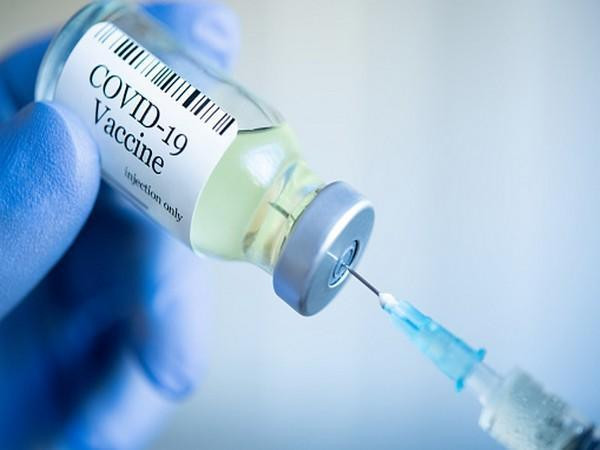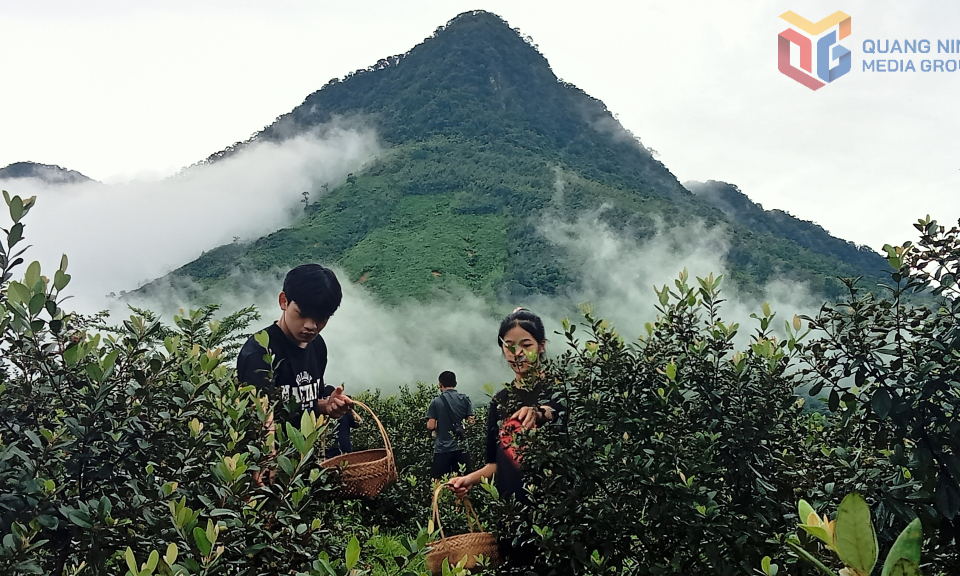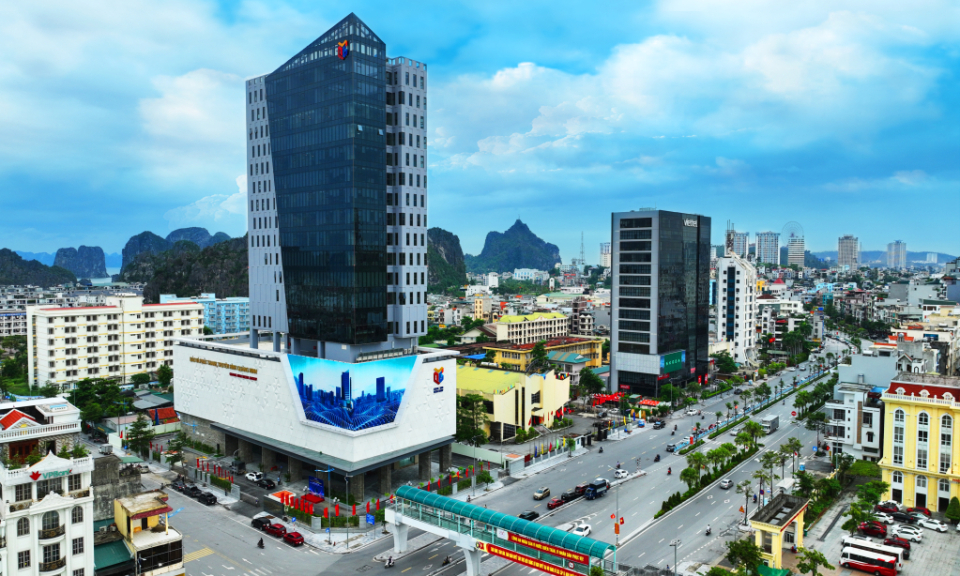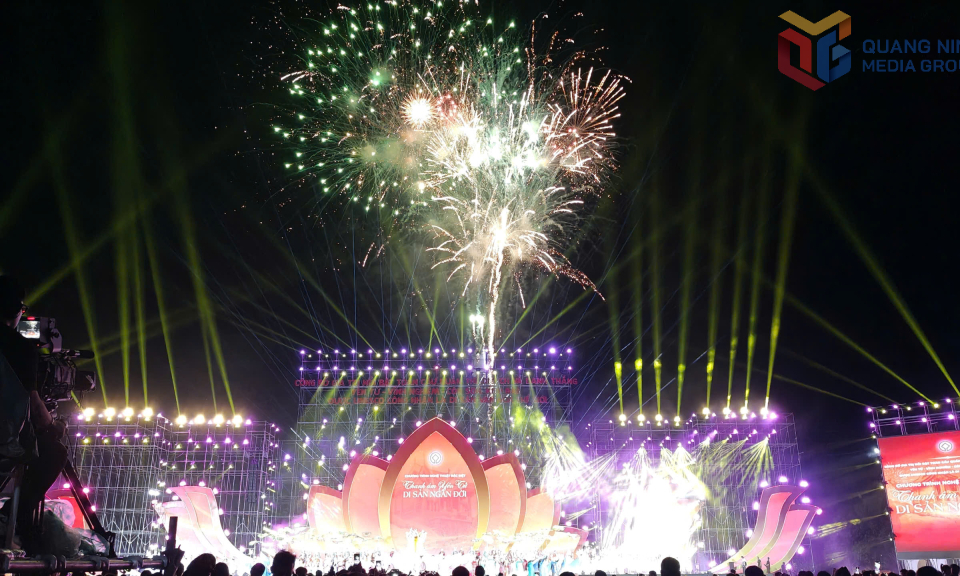Make coronavirus small again
The World Health Organization (WHO) Coronavirus (or COVID-19) Dashboard on 1st October 2021 revealed that the cumulative number of global confirmed cases of COVID-19 is 233,503,524 including 4,777,503 deaths.

The COVID-19 pandemic is for sure still threatening millions of lives, exhausting healthcare systems and damaging economies worldwide. Last month, a global summit focusing only on COVID-19 was held on the margins of the 76th United Nations General Assembly (UNGA), gathering heads of state, heads of government as well as more than 100 International Organizations, NGOs, private sector, and philanthropies from across the globe around a common set of targets and actions to end this pandemic. And there was no surprise as the first comes in the list was global vaccination by enhancing equitable access to vaccines.
At the Summit, global leaders have again underlined their commitment to ensuring equitable access to COVID-19 vaccines for all countries through COVAX – noting that equitable access is essential to end the acute stage of the pandemic. Meanwhile, the Director-General of WHO on his remark at the Summit also made it clear that “meeting the COVID-19 vaccines targets to, in turn, address vaccine inequity, which represents the greatest impediment to ending the pandemic” as he put this proposal at first out of his five proposed actions to keep people safe, serve the vulnerable and promote health.
Earlier this year, the United Nations (UN) launched a global campaign with aim to advance fair and equitable access to COVID-19 vaccines. UN’s Secretary-General Antonio Guterres expressed his concern over “a small number of rich countries are rolling out a majority of the doses” and emphasized that “COVID-19 vaccines must be considered a global public good.”
The only answer is fair access to vaccines
Dr Seth Berkley, CEO of Gavi – the Global Vaccine Alliance, said: “With the rise of variants and the current gap in equitable access to COVID-19 vaccines we must urgently vaccinate those most at risk everywhere in the world. We cannot afford further delays in getting vaccines to the most vulnerable – to do so will mean a continuation of this pandemic and its impact on all of our lives.” According to the Global Dashboard for Vaccine Equity, as of 29th September, just 3.54 per cent of people in low-income countries have been vaccinated with at least one dose, compared to 61.4 per cent in high-income countries. Vaccine equity is important for developing and low- or lower-income countries to be able to overcome lasting damages caused by the pandemic and continue with their recovery plans to return to normalcy.
Access to and allocation of vaccines should be based on principles grounded in the right of every human to enjoy the highest attainable standard of health without distinction of race, religion, political belief, economic, or any other social condition.
Viet Nam is one of the countries in Southeast Asia has been hit hard by COVID-19 since the end of April 2021 with the cumulative number of confirmed cases of COVID-19 has been 793,149 and tragically 19,437 deaths.
Being aware of the importance of vaccine and vaccination in the fight against the pandemic, Viet Nam has issued its vaccination rollout plan for 2021-2022 with the goal of reaching herd immunity by early 2022. On August 2021, the Government set up a Working Group, chaired by Foreign Minister Bui Thanh Son, to coordinate with international community and partners for an equal access to vaccine and medical equipment for the fight against the pandemic. The Working Group demonstrates the commitment and consistent policy of Viet Nam in putting health and safety of its people at first and foremost, mobilizing all national and international resources to combat the COVID-19 pandemic and returning to normalcy the earliest possible.
With efforts of the Working Group, Viet Nam has received support, assistance and donation from the international community and also from our friends and partners as well as has reached concrete agreements with vaccine providers. According to deputy health minister Do Xuan Tuyen, member of the Working Group, 54 million Covid-19 vaccine doses set to arrive in Viet Nam in this month of October. With the October vaccine delivery, Viet Nam will have received around 110 million Covid-19 vaccine doses in total, helping the country to soon approach its goal of covering 75% of its population by early 2022.
As of 1st October, Viet Nam has 42,888,157 COVID-19 vaccine doses administrated including 9,818,448 people have been fully vaccinated.






